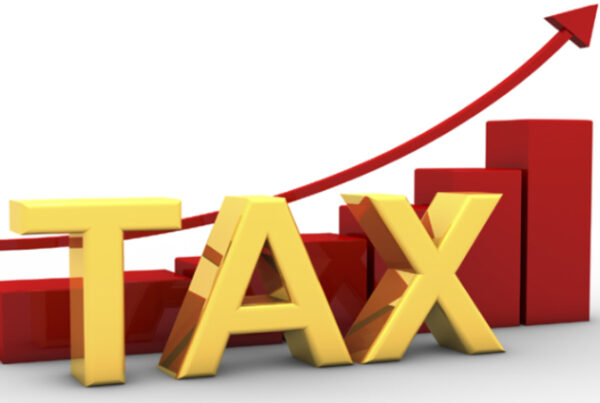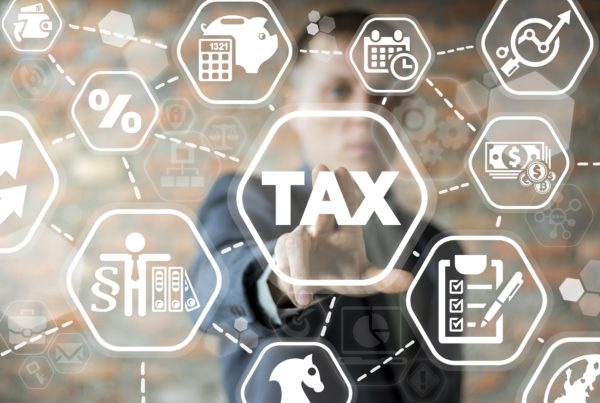Purchasing a business involves multiple steps and a tremendous amount of due diligence.
One important aspect of due diligence is determining the purchaser’s successor liability for the seller’s unpaid sales and use taxes.
The purchaser and seller cannot contract away successor liability. Therefore, it is important that the buyer obtain full disclosure of any outstanding sales/use tax liability.
The buyer can then withhold from the purchase price the amount necessary to cover any delinquent taxes.
A new statute, Wisconsin Act 15 (the “Act”), will make the determination of delinquent taxes easier for the buyer.
The new Act allows the buyer to obtain from the Wisconsin Department of Revenue the amount of any delinquent sales or use tax liability of a seller company which has a sales tax seller’s permit.
Before the Act, a purchaser could not directly obtain this information from the Department. A buyer’s limited options included checking the Wisconsin Delinquent Taxpayers list, which only covers certain delinquencies over $5,000. The buyer could also check the Wisconsin Circuit Court Access website, which does not disclose all non-warrant delinquencies.
The significance of the Act is that it allows purchasers to obtain, directly from the Department of Revenue, a certificate that provides the amount, if any, of delinquent taxes.
For the buyer to obtain this information, the seller must confirm in writing that it owns the business and is selling it to the buyer.
The seller must also request the delinquent tax statement from the Department. The request must be signed by the business owner, corporate officer or person with a power of attorney. The request must include the Federal Employer Identification Number of the target company.
Either the seller or purchaser can email the request to: DORCompSPUFAX@wisconsin.gov.
Purchasers should now require in their purchase contracts that their sellers request the amount of any delinquent taxes.
The delinquent tax certificate received from the Department should not be confused with the clearance certificate a purchaser typically requests after the sale is finalized.
That clearance certificate only confirms that the seller has filed all sales and use tax returns and paid all sales and use taxes that are due.
Contact FOS with questions regarding the new law.

© 2025 Fox, O'Neill & Shannon, S.C..




